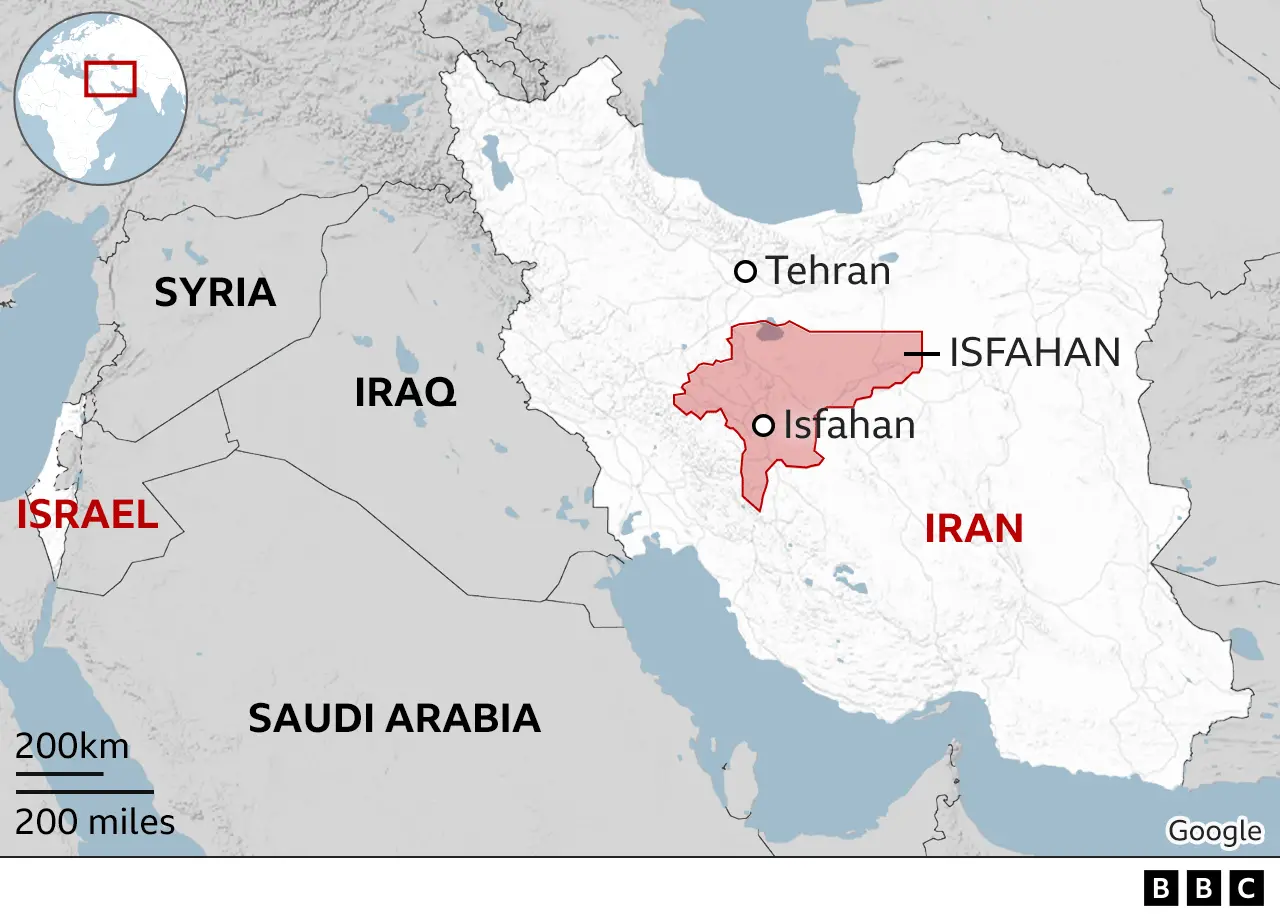
Navigating the Complexities of Iran's Nuclear Program
Iran's nuclear program has a rich and intricate history that has significantly shaped international relations, especially since the early 2000s. It all began in the 1950s with support from the United States through the Atoms for Peace initiative, which promoted peaceful uses of nuclear energy. This cooperation included an atomic energy research agreement made public in 1957.
The most pivotal moment came in July 2015 when Iran finalized the Joint Comprehensive Plan of Action (JCPOA) with six powerful nations, aiming to restrict its nuclear activities in exchange for sanctions relief. This agreement was affirmed by UN Security Council Resolution 2231, highlighting its global significance.
As of late 2023, Iran's nuclear program is under greater scrutiny, especially due to rising tensions with Israel and ongoing regional conflicts. While Iran does not possess nuclear weapons yet, it has acquired the technology to develop them and has stockpiled highly enriched uranium, which could easily be converted into weapons-grade material.
One of the critical components of Iran's nuclear program is the Arak heavy-water reactor, initially designed to produce plutonium. Under the JCPOA, modifications were mandated to prevent its use for weapons production, yet concerns persist about its potential military applications.
Looking ahead, Iran has ambitious plans to construct four new nuclear power plants, aiming for a total capacity of 5,000 megawatts and a long-term target of 20,000 megawatts of nuclear energy by 2041. This goal underscores Iran's determination to enhance its nuclear capabilities, frequently delving into contractual gray areas set by the JCPOA.
Recent evaluations suggest that Iran has advanced its enrichment capabilities significantly, posing the alarm that it could quickly produce enough uranium for multiple nuclear weapons. Iran's nuclear program continues to evolve, presenting challenges in diplomacy and international security.
For more in-depth information, visit Council on Foreign Relations.
Current Tensions Between Iran and Israel Over Nuclear Capabilities

Tensions between Iran and Israel over nuclear capabilities have skyrocketed in recent years, influenced by military, political, and strategic factors. Israel views Iran's nuclear program as an existential threat and fears that Tehran may soon develop nuclear weapons. This anxiety is intensified by Iran's ongoing uranium enrichment activities, which have raised alarms not just in Israel, but also in the United States.
In response to these concerns, Israel has undertaken military operations targeting Iran's nuclear infrastructure. Reports indicate that Israeli airstrikes aim to disrupt Iranian facilities to prevent the country from acquiring the ability to produce nuclear weapons. The Israeli military strategy extends to neutralizing not only suspected nuclear sites but also Iran's ballistic missile capabilities, which could deliver such weapons.
The divergence in strategies between the U.S. and Israel adds another layer of complexity to the unfolding situation. While the U.S. has leaned towards seeking diplomatic solutions, Israel advocates for an aggressive military approach. This disparity could complicate coordination and alignment between these two allies.
Iran's reaction to perceived threats is equally concerning. Iranian officials have signaled that they may accelerate their nuclear ambitions if they feel attacked by the U.S. or Israel. This creates a dangerous dynamic, as Iran's leadership has stated that any military provocation would prompt a move toward developing nuclear capabilities.
The broader geopolitical landscape in the Middle East further exacerbates these tensions. Iran supports various proxy groups and maintains a notable military presence in countries like Syria, which contributes to Israel's security concerns. The potential emergence of a nuclear-armed Iran is viewed as a destabilizing force that could ignite a regional arms race.
Consequently, the ongoing international responses to Iran's nuclear ambitions are vital. The failure to implement the Joint Comprehensive Plan of Action (JCPOA) fully, along with continuing negotiations, leaves significant uncertainties regarding Iran's nuclear future. The implications for both regional stability and international relations are profound, as the tensions between Iran and Israel related to nuclear capabilities remain at a critical juncture.
For further reading, you can explore more on this topic here.
